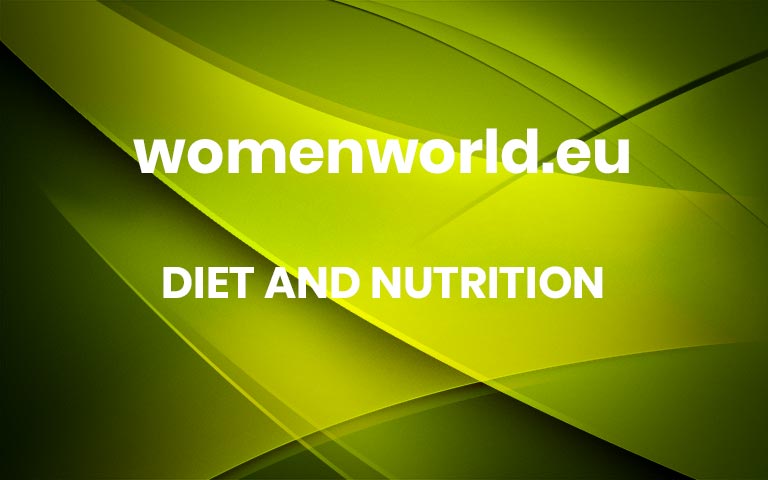Is There A Way To Really Outsmart Your Flu? Experts Weigh In
Per South Africa’s National Department of Health, between 6 000 and 11 000 South Africans succumb to flu every year, a rather concerning stat considering how widespread flu information is. Winter season is synonymous with increasing flu cases, with new flu strains constantly doing the rounds. Just this year alone how many of these statements have you heard: “This flu just won’t go away” or “I’ve had this stubborn cough for almost a month now despite having taken meds”. Some might even argue that since COVID-19 brought the world to its knees, flu season has just never been the same. New research published in the Nature Microbiology journal, in February 2025, suggests that flu cases have particularly gotten bad because a common strain of flu has become ‘smarter’ at surviving. Is there actually any hope?READ MORE: Important Info To Familiarise Yourself With This Flu SeasonWhat Did The New Study Find?The study found that influenza A viral particles can actually adapt their shape to remain infectious and stick around longer, ultimately driving up flu cases. While analysing influenza A particles in a lab to monitor their response to environmental conditions, researchers discovered that “the particles could change their shape to be either spheres or larger filaments (a slender shape) to better infect cells based on certain environmental conditions.” This metamorphosis is the reason behind flu A sticking around longer and ripping through the existing immunity your body has built up. “Though this isn’t a completely new discovery, researchers just hadn’t observed this specific shape-shifting in the flu before. With a change in genome (the entire set of DNA instructions found in a cell), it can rapidly change shape to its survival advantage,” says Dr Thomas Russo, a professor and chief of infectious disease at the University at Buffalo in New York. What is important for general masses to know is that viruses are living organisms that change form and shape, says Dr Gulam Karim, Medical Director at TruMD. “For instance, AH3N2 and AHN1 were the most common strains in 2024, and now we have moved on to new strains in 2025,” he explains.READ MORE: These Are The 7 Best Tips To Stay Super Healthy During Flu SeasonWhat Is Flu A and Flu B?The flu comes in four different strains, namely – A, B, C and D, with A and B being the most common in human population and responsible for the rise in flu cases in winter and autumn, according to the Centers for Disease Control and Prevention (CDC).Flu A can infect people and animals, while flu B is mostly a human virus. There are also 130 different subtype combinations of flu A, while flu B has just two lineages (B/Yamagata and B/Victoria), per the CDC. Fun fact: B/Yamagata strains haven’t been detected since the COVID-19 pandemic began, so flu B is technically down to just B/Victoria right now.On the whole, flu A viruses tend to cause a more intense illness, notes Dr Russo. “Both flu A and flu B can be lethal, but flu A tends to cause more severe disease,” he says. Another major difference, according to Dr Amesh Adalja, an infectious disease physician: Flu B “does not cause pandemics,” but flu A does.READ MORE: Heads Up – Flu Season Has Already Begun. Here’s How To PrepareAre We Doomed?Think of the flu as an ongoing war that may strike at any minute and it better not catch you slacking! Most medical experts suggest that getting the flu vaccine at the start of flu season is still the best defence against flu symptoms becoming complicated, therefore rendering you gravely ill, especially amongst vulnerable populations (these include the elderly, children, people with diabetes, high blood pressure, chronic illnesses such as autoimmune disorders or immune deficiencies such as HIV/Aids and Tuberculosis.) Very NB to keep in mind is that being vaccinated against the flu isn’t a surefire guarantee that you won’t get infected. “I want to emphasise 90 percent of the time is eating well, exercise, taking relevant supplements, etc, keeping warm – basically, general good health practices – work too,” says Dr Karim.Dr Tamsyn Lee, a senior medical doctor at TruMD adds: “If possible, work from home and maintain a safe distance from others. But, also find a balance between staying indoors because good ventilation is important due to the way the flu virus is transmitted. Anything that helps with building good immunity is encouraged – enough sleep, managing stress and a well-balanced diet,” she advises. More



